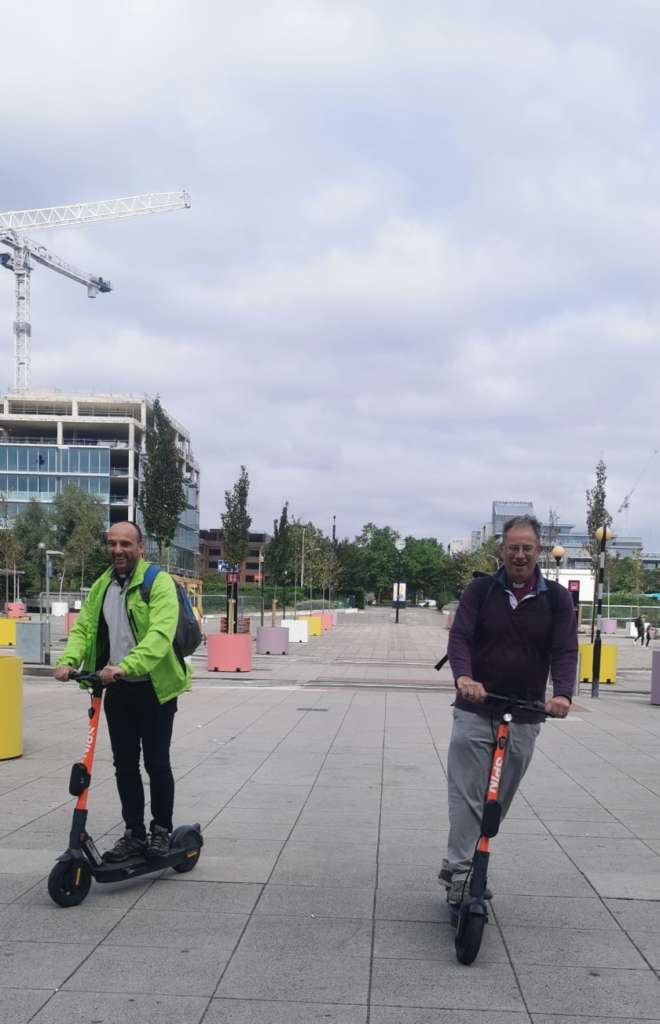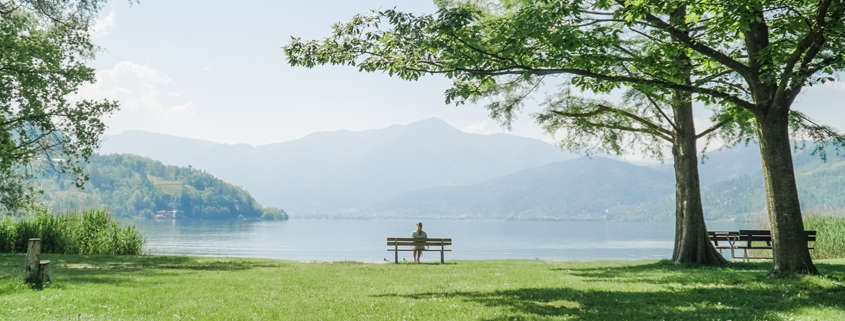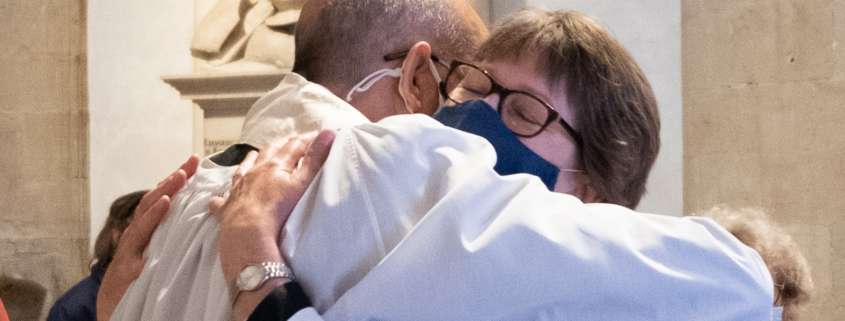“O be joyful in the Lord, all the earth;
serve the Lord with gladness
and come before his presence with a song.”
(Psalm 100)
The words of Psalm 100 are familiar to all of us and set for Morning Prayer in Epiphany. I guess I’m not the only person who has found them more difficult to say than usual this year. They are words which are challenging and stretching me as I journey through this season – and I’m thankful for them. The call to joy is not always easy, for many different reasons.
Many thousands of families across the diocese have been affected by Covid in the last two years and particularly the last six weeks, my own among them. I had a positive test on 11 December. The following weekend my condition worsened. The NHS sent an ambulance and paramedics on the Saturday, and I spent the Sunday in hospital for observations and tests and then the following week being looked after by the home care team.
All in all it’s been a difficult experience but nowhere near as hard as many have found this journey. I’ve been taking things steadily since. So far there’s been a steady, uneven improvement in strength. I still have some way to go.
Where to start
So the call to joy has been more demanding than usual and is a daily challenge. My starting point is giving thanks for the good things: first and foremost for the care and skill of the NHS staff and my local surgery, for vaccines and boosters (mine was delayed but received this week), for the kindness of friends and colleagues and strangers.
Next, thankfulness for my family: for the miracle of being together with our children and grandchildren on Christmas day, for the fun of building Lego with my grandsons, for the immense joy in the wedding of our eldest son last Saturday.
The example and wisdom of others has become a second stepping-stone. Along with the whole world, I mourn the death of Archbishop Desmond Tutu for many reasons: not least his concern for justice. Tutu seemed to radiate joy in the midst of conflict and struggle, a divine joy which was so clearly a source of his own strength and overflowed to give strength and a vital sense of proportion to others. None of us is the centre of the universe.
I’ve discovered a new podcast: Desperately Seeking Wisdom by Craig Oliver – a series of conversations with those who have learned hard lessons. Oliver quotes Viktor Frankl, a holocaust survivor, and Frankl’s resolution in the midst of the concentration camp, in the most difficult circumstances, to choose life and joy each day:
“Everything can be taken from a man but one thing: the last of the human freedoms – to choose one’s attitude in any given set of circumstances, to choose one’s own way.
This is the summons for joy I’ve begun to hear in the words of the Jubilate: as we say the words we say them to ourselves, we encourage one another but most of all we speak to the world.
Our calling as a Church remains to call the world to joy and love and hope and peace even in the midst of sorrow, sickness and suffering. We are all of us tired now; some of us more weary and stretched than we have ever felt in our lives. For some of us our faith, the centre of our vocation, is attenuated and thin: many of the things which sustain us have been stripped away. The outward demands continue, and it’s harder to find the inner resources to rebuild and grow stronger.
We will all navigate this journey in different ways. For me, in this part of the journey, reflecting on this summons to joy is life-giving and sets my compass for the year. For any Christian, this search for joy in the midst of suffering leads to Jesus Christ and to Christ’s passion and resurrection, to the new wine of the kingdom. In this season of Epiphany we celebrate Christ’s first miracle at the wedding in Cana of Galilee: the changing of water into wine. Never have we needed its message more.
Navigating well
All of us will need to find fresh sources of life in the Spirit in this season. As the demands continue, it is also helpful to hold onto strong disciplines of self-care, of gentleness and love in dealing with others and with ourselves, of wise pacing, of conserving energy for the unexpected, of leaning more readily on others. I can’t say often enough how different and distinctive the experience of every individual parish seems to be and therefore how different the experience of clergy is.
As a diocese we are concerned to support parishes, schools and chaplaincies as well as we can through this transition. We haven’t (and won’t) get everything right. That support is built on careful listening. The area teams are seeking to listen continually to what is happening. I greatly appreciated four deanery days in November and December. We’ve had to postpone two (so far) because of my illness but I hope to pick up the series in February.
We hope to gather, if we may, in person for the renewal of ordination vows on Maundy Thursday in Christ Church, and details will be circulated in the coming weeks
We are also looking forward to gathering for our clergy conference from 7-9 June, which will be structured as a conversation together around what we have experienced and how, together, we rebuild from here. (ed: the online booking form has been emailed to clergy)
As a diocese we will continue to offer pointers and resources to take forward our agreed priorities, which have become even more important during the pandemic. Not everything will be possible in every place. Please see these resources as help and support offered and make your own decisions about when is the right time to engage, otherwise what is offered as a support can quickly become a burden.
Come and See
One of these resources is Come and See, offered again in Lent this year as a part of this great call to joy. The aim is to help and support those who may be enquiring about faith, returning to faith after many years or moving to a new place in their faith after the disorientation of the pandemic.
Our theme this year is the Lord’s Prayer: the words Jesus gives us to help us find our place in the universe each day and to choose this path of joy. If you’ve not done so already, you can sign up to offer Come and See in your church. Leader’s packs will be sent out by email early next week.
Christ Church
The whole diocese will be aware of the need to pray regularly for Christ Church, our Cathedral, in this season and all those affected by the difficulties there. If you have questions or concerns about material you have seen, please do speak with one of the area bishops or archdeacons: not every perspective is accurately represented in the press.
And finally….
At the centre of our Christian faith is the call to love the Lord our God with all our heart, soul, mind and strength and to love our neighbour as ourselves. In this love is our fulfilment and our joy as human persons in community, to be caught up into the very life of God. And so I end where I began;
“O be joyful in the Lord, all the earth;
serve the Lord with gladness
and come before his presence with a song.”
In Christ our Lord,
The Rt Revd Dr Steven Croft,
Bishop of Oxford

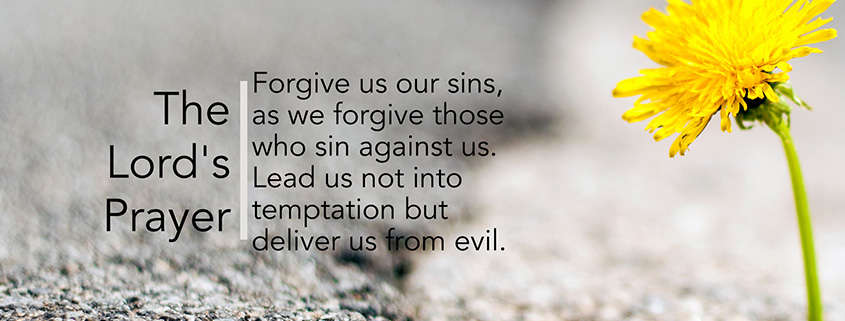
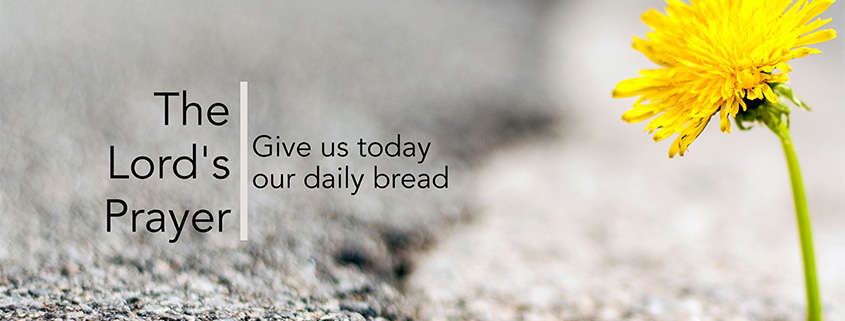
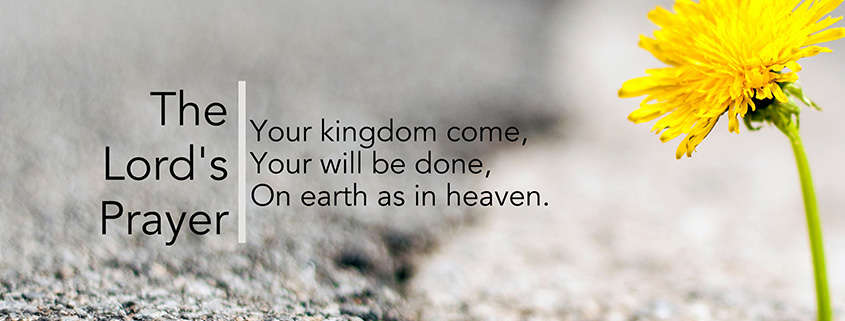
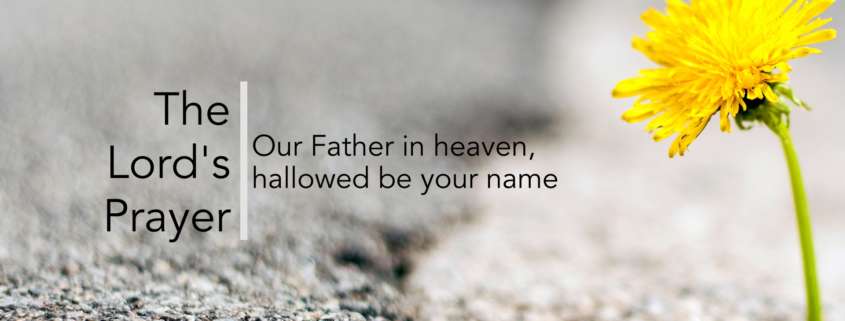

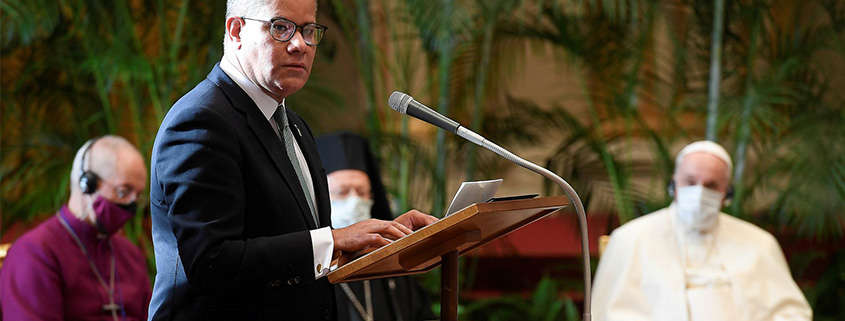
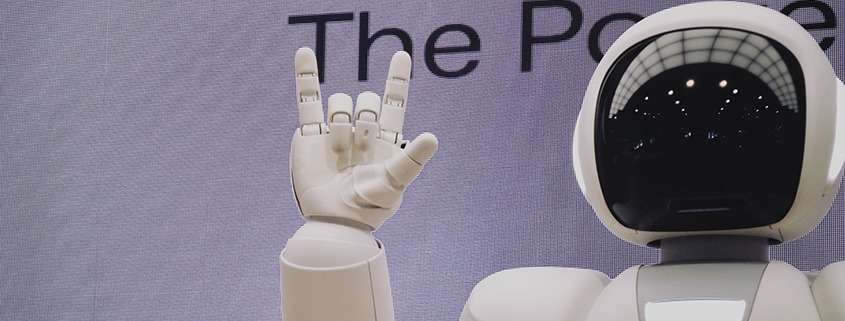
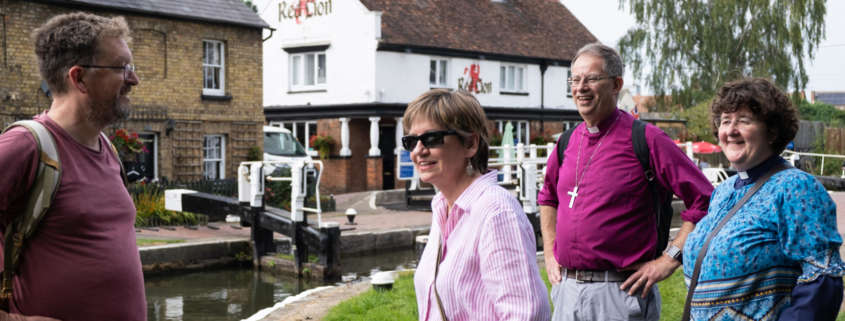
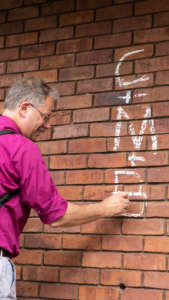 A chance to listen
A chance to listen